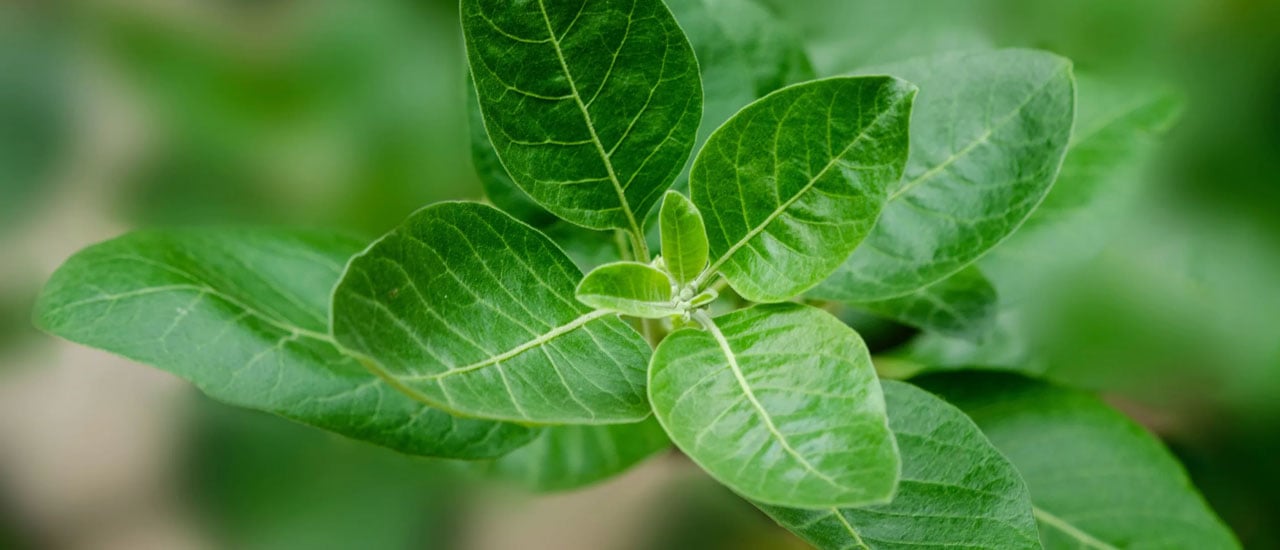Ayurveda is an ancient system of traditional medicine originating in the Indian subcontinent.
Ashwagandha (Withania somnifera) is an important medicinal herb in Ayurveda, believed to have anti-inflammatory and immuno-modulatory properties. Previous trials suggest it could help to relieve stress, anxiety and fatigue, and to improve sleep and physical performance. In this trial we are trying to see if Ashwagandha can improve functional status, quality of life and symptoms in adults suffering from Long COVID in the UK.
The trial is currently taking place across participating GP sites in the UK. Over the next year, we plan to recruit ~2500 adults (aged 18 and over) living in the UK who have been diagnosed with long COVID (as per the NHS Guidelines) by their doctor, and who find that this condition is affecting their ability to carry out their day-to-day activities. To enter the trial, individuals must be contacted by a participating GP site.
This is a randomised double-blind placebo-controlled trial. Interested individuals who have a diagnosis of Long COVID (and conform to all other eligibility criteria) will be randomly allocated to take the traditional Indian herb, or placebo for 3 months (delivered at home by post). During this period, they will complete monthly questionnaires online (or by post), and monthly check-ins with their study doctor’s team. Neither the participant, nor the researchers, will know who is taking the herb or the placebo tablets, to avoid bias in the study results.
The APRIL trial team consists of global experts in clinical trials research and Ayurvedic medicine, from the UK and India.



